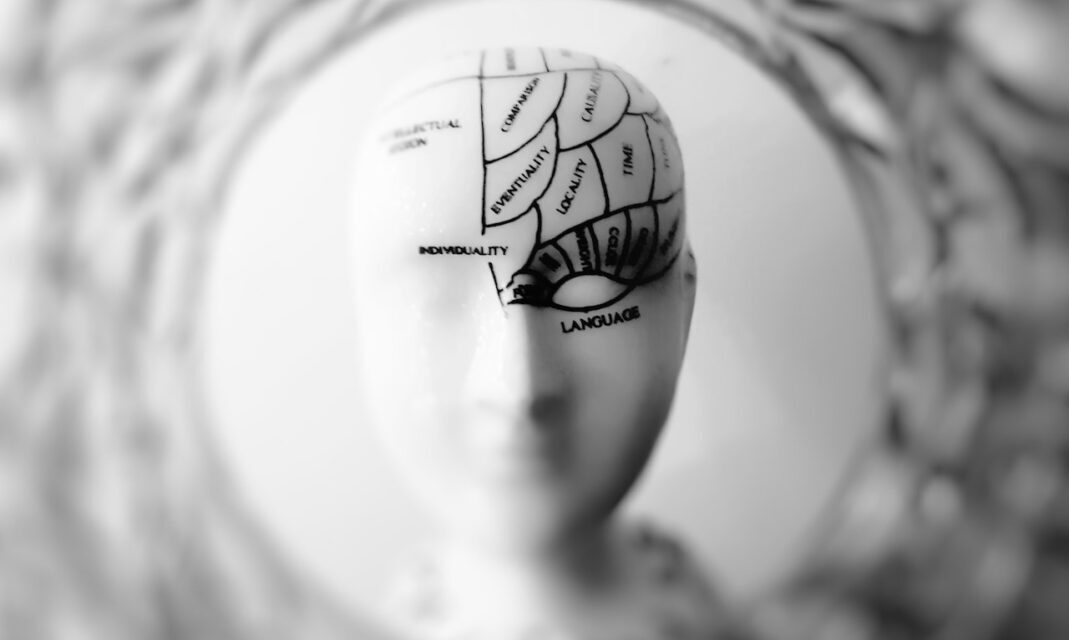Have you ever wondered what happens inside your brain when you hit the Jackpot? Your body undergoes a series of emotions and neurological responses, especially when you lose. Here’s what you need to understand about what stimulates our decision-making and how we let external factors influence our mood.
How can gambling affect your brain?
One of the primary brain chemicals responsible for our positive emotions is dopamine. In the brain’s center, there is a reward system responsible for releasing dopamine whenever we do something we enjoy, like falling in love, eating something good or smoking, gambling, betting, or even taking drugs.
Like any other chemical in our system, these substances must be balanced. Experiencing too much dopamine or too little dopamine can lead to negative aftermath.
What happens in the brain system of a gambler?
Studies on gambling addiction suggest that the reward system of a gambler is similar to an individual addicted to drugs. The dopamine levels are out of order, and the need to experience dopamine release is higher. As the individual undergoes high levels of dopamine, their stimuli become unresponsive to standard doses of dopamine.
This is what we call a hypoactive reward pathway system – the stimuli become desensitized to dopamine releases. Therefore, gamblers must seek more to feel something, and that’s where gambling addiction is born.
Gamblers don’t become addicted due to wins, but uncertainty

People have this misconception that a player of games of luck becomes addicted because they win from time to time. You don’t have to win when you gamble to become addicted slowly. The factor influencing how we perceive this activity and how engaged we become is our response to uncertainty.
The difference between wanting and getting something
Researchers have demonstrated the contradicting factor of becoming addicted to gambling, even when you don’t win. It turns out that our reward system responds differently when we want something to when we like what we get – in our case, to win. When we gamble, our brain releases more dopamine while we wait for the result than when we get the final result, even if we win.
In the case of pathological players, the result’s importance decreases with time, but the feeling of waiting for the desired result increases. What does this mean? It means that gambling addicts become careless about how many positive outcomes they get but become hooked on the adrenaline of uncertainty.
How to avoid gambling addiction
Even though avoiding developing an addiction is quite apparent for some, others can’t handle keeping each habit in control. There are several ways to find a balance in your habits – setting budget limits, sticking to a schedule, or altogether banning yourself from playing games of luck.
The best preventative strategy to avoid developing a gambling addiction for those players who might need help is to find online casinos that offer a safe space for their customers. They need to promote responsible gambling by providing self-exclusion programs. The most reputable platforms offer many services to prevent this addiction – from self-help programs and games with time or budget restrictions to articles and other ways to promote responsible gambling.
Self-help tips for gambling addicts
If you know someone struggling to battle addiction, or you might be considering you are at risk of developing such a condition, there are several methods of controlling your addiction. When you start losing control of your gaming, you have to take control of your habits:
- Set time limits – manage the time you spend playing online games, don’t allow yourself to play more than you should;
- Set budget limits – always pay all your bills before spending any money on gambling or other activities;
- Enroll in self-exclusion programs – these programs are meant to restrict your access to such platforms. Also, some casinos have a list of self-banned visitors; you can enroll on such lists to avoid alternatives.
The difference between the genders’ gambling habits
Significant differences exist between how a man gambles and how a woman involves herself in such activities. Statistics conducted by the United Kingdom Gambling Commission show that in the United Kingdom, 51% of males gamble, and 43% are women.
Unlike men, who are more strategy-oriented and prefer games like Blackjack or Poker, women play slot machines or lotteries more. Also, how they react toward losing is entirely different – men tend to become more aggressive, while women show signs of sadness and distress.
Your activities affect your brain health
Several internal and external factors influence our health and mental health. However, among the most critical factors influencing our well-being is how we conduct our daily routine – what activities we engage in daily and how they make us feel. Gambling significantly impacts our minds and body, and people need to know how to better themselves.
Here’s Everything You Need To Know From the DC Studios Slate Reveal
- Anime Cosplay Ideas and How to Nail the Look - April 24, 2024
- Will the Star Wars Outlaws Pros Outweigh the Highly Publicized Con? - April 24, 2024
- Top Esports Games of 2024: Most Popular Choices for Betting - April 24, 2024

